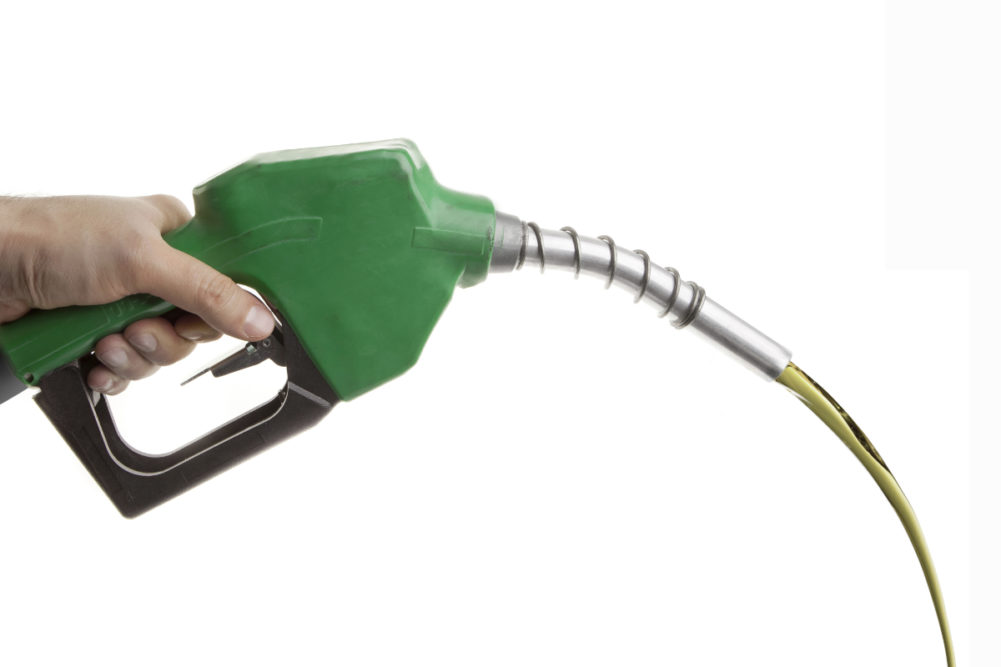WASHINGTON, DC, US — With the goal of reducing pollution and achieving net-zero emissions by 2050 Canada is working to finalize clean fuel standards.
Canada’s proposed Clean Fuel Regulations’ goal is to reduce pollution by requiring liquid fuel (gasoline, diesel, home heating oil) suppliers to gradually reduce the carbon intensity of the fuels they produce and sell for use in Canada over time, leading to a decrease of approximately 13% (below 2016 levels) in the carbon intensity of its liquid fuels used in Canada by 2030.
The regulation proposal is part of a larger goal for Canada to exceed its current GHG emission reduction target under the Paris Agreement, and achieve the goal of net-zero emissions by 2050.
The proposed regulations for the Clean Fuel Standard were published in the Canada Gazette, Part I, on Dec. 18, 2020.
In response to the proposal, the US Grains Council (USGC), Growth Energy and the Renewable Fuels Association (RFA) jointly commented to the Environment and Climate Change Canada of support.
“The proposed regulation takes a market-based approach to driving carbon reductions in the Canadian fuels market, providing an attractive model for other countries to follow,” the organizations said. “Canada should be applauded for showing global leadership on the implementation of a clean fuel standard, and it is encouraging to see both the United States and Canada taking steps to slash greenhouse gas emissions from transportation. Renewable fuels have already played a crucial role in jump-starting decarbonization efforts in both countries, and policy initiatives like Canada’s clean fuel standard will further accelerate those efforts.”
The organizations also illuminated the importance to allow renewable fuel producers to account for carbon capture and sequestration in their carbon intensity scores, regardless of whether the fuel is produced in Canada or the United States.
The organizations also urged that the regulation should adopt an aggregate compliance approach for applying land use and biodiversity criteria for all US and Canadian biofuel feedstocks.
Lastly, the groups requested that the new fuel lifecycle analysis model being used calculate the carbon intensity value for regulation details be released — even if not complete — to benefit the public stakeholder process and ease uncertainty.
The Environment and Climate Change Canada will continue consultations with interested parties. Final regulations will be published in late 2021, with the coming into force of the regulatory requirement in December 2022.






